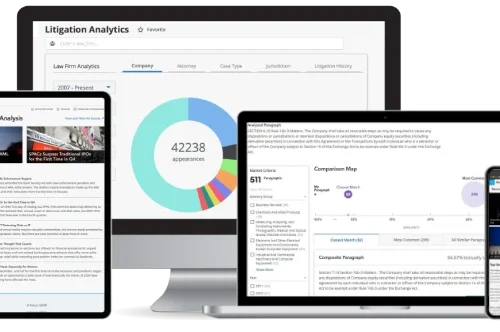What You Need to Know About Interest Group Lobbying
Interest groups play a vital role in advocating for specific causes, representing diverse sectors of society in the political landscape. Through lobbying, these groups offer a platform for individuals to collectively voice their concerns and promote their interests within the government. Lobbying by interest groups serves as a channel for citizens to influence policymakers, allowing for a more inclusive and democratic decision-making process. By leveraging their expertise, resources, and networks, these groups can effectively shape legislation, policies, and regulations that align with their members’ needs and priorities. The benefits of interest group lobbying extend beyond mere advocacy. They foster civic engagement, amplify marginalized voices, and contribute to a more responsive and informed governance system.
The benefits they bring to the political landscape are multifaceted and impactful in several ways.
- Representation and Advocacy: Interest groups’ lobbying functions as the voice of specific sectors of society, representing their concerns, needs, and interests to policymakers. Whether environmental protection, healthcare reforms, or business regulations, these groups provide a platform for individuals and organizations to express their viewpoints collectively, ensuring lawmakers hear their concerns.
- Information and Expertise: Lobbying groups often possess specialized knowledge and expertise in their respective fields. They provide policymakers with valuable data, research, and insights, aiding in informed decision-making. This exchange of information helps lawmakers understand complex issues better, leading to more well-informed policies that address the nuances of various industries or societal needs.
- Policy Formulation and Implementation: Lobbying groups actively participate in formulating and implementing policies. By engaging with legislators, they contribute to the crafting of legislation that aligns with the interests they represent. They also assist in the implementation phase by offering guidance on how policies can be effectively implemented.
- Accountability and Oversight: These groups serve as watchdogs, holding policymakers accountable for their actions. By monitoring government activities and advocating for transparency, lobbying groups contribute to a more accountable and responsible governance structure. They act as a check-and-balance system, ensuring that decisions made by policymakers consider the broader societal implications.
- Pluralism and Diversity of Perspectives: In a democratic society, diverse voices and opinions are crucial. Interest groups foster pluralism by representing the diversity of viewpoints within an organization. They ensure that minority perspectives or marginalized groups have a platform to express their concerns, preventing the dominance of only a few powerful interests in policymaking.
- Mobilization and Civic Engagement: Lobbying groups often mobilize citizens around specific issues, encouraging civic engagement and participation in the democratic process. They educate the public, raise awareness, and promote involvement, thereby fostering a more engaged and informed citizenry.
- Economic Growth and Innovation: Some lobbying groups represent industries that drive economic growth and innovation. By advocating for policies conducive to business expansion, research, and development, these groups contribute to economic progress and job creation.
- Checks and Balances: Interest groups check government power by holding policymakers accountable. They monitor legislative actions, provide feedback, and challenge policies that contradict their interests or values. This helps prevent potential overreach by the government and ensures a more balanced decision-making process.
- Facilitating Public Engagement: Lobbying efforts often involve mobilizing the public, raising awareness, and encouraging civic engagement. By rallying individuals around specific causes, interest groups foster a sense of community involvement and activism. This engagement can increase public awareness and support for particular policy initiatives.
- Fostering Compromise and Collaboration: Lobbying encourages negotiation and compromise among diverse interest groups and lawmakers. It necessitates dialogue and consensus-building, fostering a more inclusive decision-making process. Interest groups can find common ground through collaboration and create policies that accommodate various interests.





